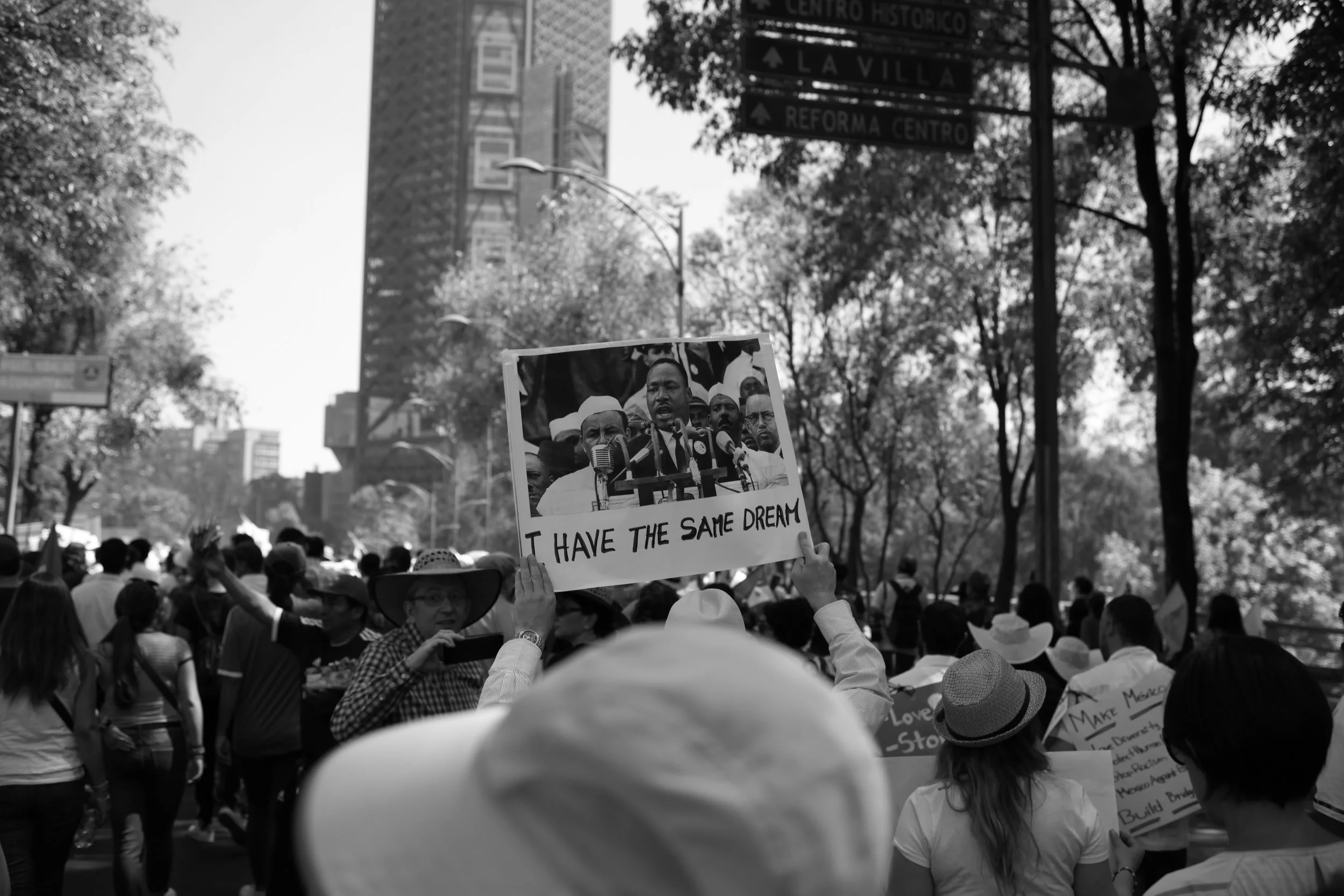Facing the Truth: A Reflection for Juneteenth 2025
Photo by Jeronimo Bernot on Unsplash
Then Jesus said to the Jews who had believed in him, “If you continue in my word, you are truly my disciples, and you will know the truth, and the truth will make you free.” They answered him, “We are descendants of Abraham and have never been slaves to anyone. What do you mean by saying, ‘You will be made free’?”
-John 8:31-33, NRSVue
Five years ago, I wrote an essay for Church Anew, titled “Once You See,” about the brutal murder of George Floyd and the senseless killing of Breonna Taylor. It also ran for the 2022 Juneteenth commemoration. Juneteenth became a national holiday when then-president Joe Biden signed the order in 2021. I appreciate this offer to revisit what I wrote, as I think about Juneteenth as a time to reflect, and to acknowledge generational and lingering harm in our culture. I started that post with a quote from my mother (“once you know, you can never not know; once you see, you can never not see”), and I’ll include another Bernice-ism in this one: “Do right because it’s right to do.”
“Do right because it’s right to do.”
So much has happened in these past five years. It feels as if the weight of racism has become heavier. I have reflected on a quote from Martin Luther King, Jr.’s sermon, “Remaining Awake Through a Great Revolution”: “the arc of the moral universe is long, but it bends toward justice” (1). King preached parts of this sermon in several iterations. But this quote, the one that arrested me, is King paraphrasing a phrase from a 1853 sermon by slavery abolitionist and Unitarian minister Theodore Parker (2). I confess that it has been hard for me to believe this aphorism, but I can hear my mother in my head. Do right, regardless. Tenacity, consistency, integrity—expected skills for those who love justice and truth.
Juneteenth commemorates the dreams for freedom held by enslaved people and their advocates. It commemorates a historical freedom moment washed in communal shame. It remembers that enslaved people in Texas learned two years after the end of the Civil War that they were freed through that bloody clash. Those enslaved people were still enslaved, not because news had not reached the western fronts, but because Union soldiers had not arrived to enforce the news white people knew but withheld. That’s the truth. And it reflects the way our current administration and its proponents want to hide this nation’s history in toto, i.e., the awful truth of this nation’s settler and colonizing history. Some don’t want to learn and don’t want our children to learn about how indigenous peoples were treated when settlers arrived to overrun the land. Some don’t want our history to include the horrors of slavery and its offspring Jim Crow. Consider how, in 2015, a high school student revealed how textbook publisher McGraw-Hill had described enslaved people as “workers” (3). Consider how Nikole Hannah-Jones’ 1619 Project was met with “The 1776 Report,” so riled were some that she would dare center enslaved persons (4). The textbook fiasco and the 1776 Report strikes me as resistance to truth, and therefore resistance to justice.
My mother often said, “do right because it’s right to do,” by which she meant that we should doggedly commit to truth and to the right it requires. In John 8, Jesus’ proclamation about truth and freedom is met with the phrase: “we are descendants of Abraham and have never been slaves to anyone.” But anyone who knows the story has to be scratching their heads. Did these Jewish leaders rewrite history? Did they reject the history of Abraham’s descendants having been slaves in Egypt (Deut. 5:15, the call to remember), a core to their call to justice? Their laws asked them to treat widows, orphans, and foreigners (aliens) with justice precisely because of this history. But Jesus said, “you will know the truth and the truth will make you free.”
A friend, Rev. Dr. Claudette Copeland, once said to me, “the truth that sets you free is the truth you’re willing to know.” Is that the problem, as we approach Juneteenth? Culturally are we not willing to know the truth? Are we willfully amnesiac? Does digging our heels in to hold on to the stories we’ve told ourselves plague us?
I want to have some “do right” in my soul, in my life. I want to face the truth, even embrace it, even if it is painful and requires repentance. This Juneteenth, as I recall the indomitable spirit of enslaved ancestors that endures, I want us to embrace what’s true.
(1) Takim Williams, “#InContext: Theodore Parker & Martin Luther King Jr.,” February 8, 2017, https://traffickinginstitute.org/parker-king/, accessed June 15, 2025.
(2) Dean Grodzins, “Theodore Parker, Radical Theologian,” https://www.uuworld.org/articles/parker-radical-theologian, accessed June 15, 2025.
(3) Lauren Isensee, “Why Calling Slaves 'Workers' Is More Than An Editing Error,” October 23, 2015, https://www.npr.org/sections/ed/2015/10/23/450826208/why-calling-slaves-workers-is-more-than-an-editing-error/. Accessed June 15, 2025, and Paul J. Weber, “Publisher Apologizes for Textbook Calling Slaves ‘Workers’, October 5, 2015,
(4) “About The 1619 Project,” https://1619education.org/about-1619-project. Accessed June 15, 2025. Taylor Arrey, “’The 1619 Project’ Author Reframes American History,” February 23, 2023, https://news.fullerton.edu/2023/02/the-1619-project-author-reframes-american-history/. Accessed June 15, 2025, https://trumpwhitehouse.archives.gov/wp-content/uploads/2021/01/The-Presidents-Advisory-1776-Commission-Final-Report.pdf. Access June 15, 2025

